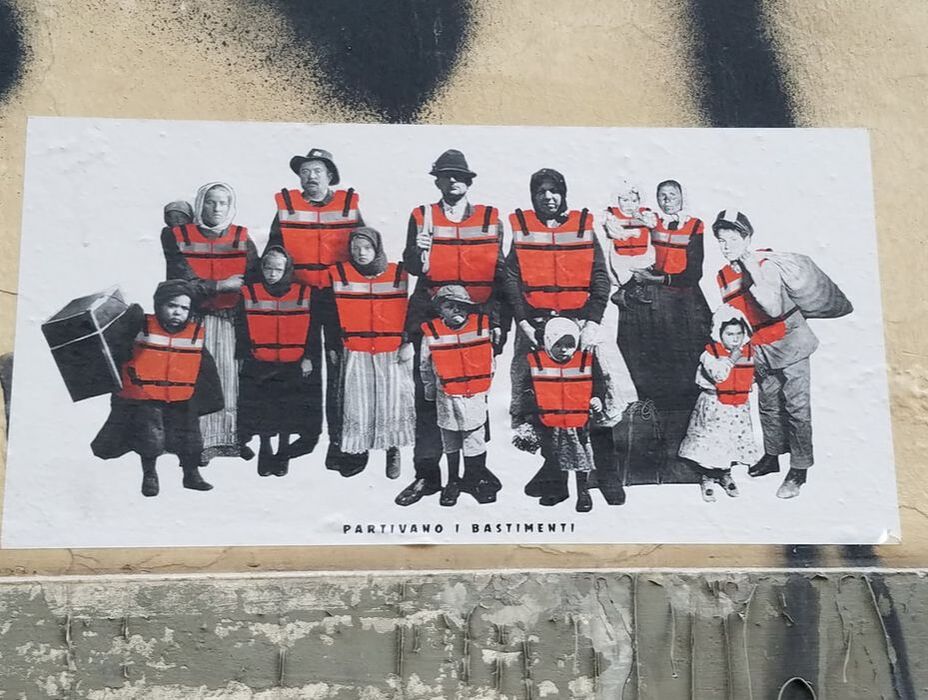|
|
|
On 25 February 2020, the Danish newspaper Berlingske had a main story showing how leading party members of the Social Democrats have put pressure on experts critical of the Party’s politics. Both while being in opposition and now forming the minority government, leading politicians have contacted organisations and independent experts (Holst 2020). The newspaper reports how experts and researchers have been contacted by people working for the Social Democrats or from people within the ministries and given warnings. The issues at stake do not all relate to migration research, but some do.
The story therefore connects well to my analysis presented in my Identities article, 'What makes an expert? Doing migration research in Denmark'. In the article, I outline four different types of migration experts who in different ways and with different weight have to navigate within a nexus of academia, the policy arena and the broader public. The first of these types is a positioning of the migration expert as one not offering any real solutions. This discussion stems from an internal debate within academia where a well-esteemed professor argued that a large part of research is becoming decoupled from ‘real politics’ and ‘reality’. The implication for him is a situation where the research community has created a ‘vacuum’, and in the absence of asylum and refugee researchers who can assist the decision-makers the politicians have begun to look for advice elsewhere.
The second positioning of experts has to do with the inclusion of experts outside academia. This tendency perhaps can be related to the first type of expert role, but also has to do with politicians seeking to legitimise policy plans beforehand by drawing on their own understanding of experts. In Denmark we see how the Social Democrats’ immigration plan was developed by a private consultancy firm hired by the Social Democrats and later praised in the media for offering easy understandable and realistic solutions. The consultants have all been working on policy-making in immigration but are not academic experts in a traditional sense. Their recommendations were disputed by experts within academia. Nevertheless, the report serves as a knowledge base for the Party now forming the government and thus in control of developing future migration policies.
Thirdly, I identify a position claiming that we are all experts. This position indicates that some decisions are better taken on gut feelings rather than being based on scientific evidence. This has been a trend in Danish policy-making for at least two decades. It makes it possible to ignore other research out there that might or might not speak against political ambitions and motivations and implement more ideologically-driven policies. The much debated ‘ghetto’ policy in Denmark is a good example of this tendency. Although we have strong research indicating what works and what does not, politicians have mainly ignored this research and argued that we sometimes just need to do what feels right. Lastly, I describe a fourth type of positioning, referring to the non-recognition of experts, especially academics. It is an anti-elitist position, which claims that academics have no idea what reality looks like or what the ‘real’ problems are. Many of those of us working on immigration policy and politics have met this accusation. One journalist who criticised Danish migration research, for instance, wrote a piece arguing that ‘the analysis of the refugee crisis is more true at the sausage vendor than at the university’ (Jespersen 2017). The article in Berlingske can be seen continuing these forms of questioning what makes an expert. It is a potential problem, which we need to address within academia and bring to the public. If policy-makers – and politicians – want evidence-based research how can we as researchers contribute to this, if our position at the same time is delegitimised? I will end with the same question that I pose in my Identities article: What is my obligation as a migration researcher? It is using my knowledge and position to engage in critical reflexive knowledge production which may help improve the rights and conditions for the people I study and collaborate with. References: Holst, H. K. 2020. Topfolk i Socialdemokratiet har presset kritiske eksperter af partiets politik: »Jeg vil bare advare dig. Christiansborg kan være en krigszone«. Berlingske. 25 February 2020. Jespersen, N. 2017. Analysen af flygtningekrisen er mere sand ved pølsevognen end på universitetet. Ræson. 11 November 2017.
Blog post by Martin Bak Jørgensen, Aalborg University, Denmark
Read the full article: Jørgensen, Martin Bak. What makes an expert? Doing migration research in Denmark. Identities: Global Studies in Culture and Power. DOI: 10.1080/1070289X.2020.1725311
0 Comments
Your comment will be posted after it is approved.
Leave a Reply. |
|
Explore Identities at tandfonline.com/GIDE |
|
The views and opinions expressed on The Identities Blog are solely those of the original blog post authors, and not of the journal, Taylor & Francis Group or the University of Glasgow.

